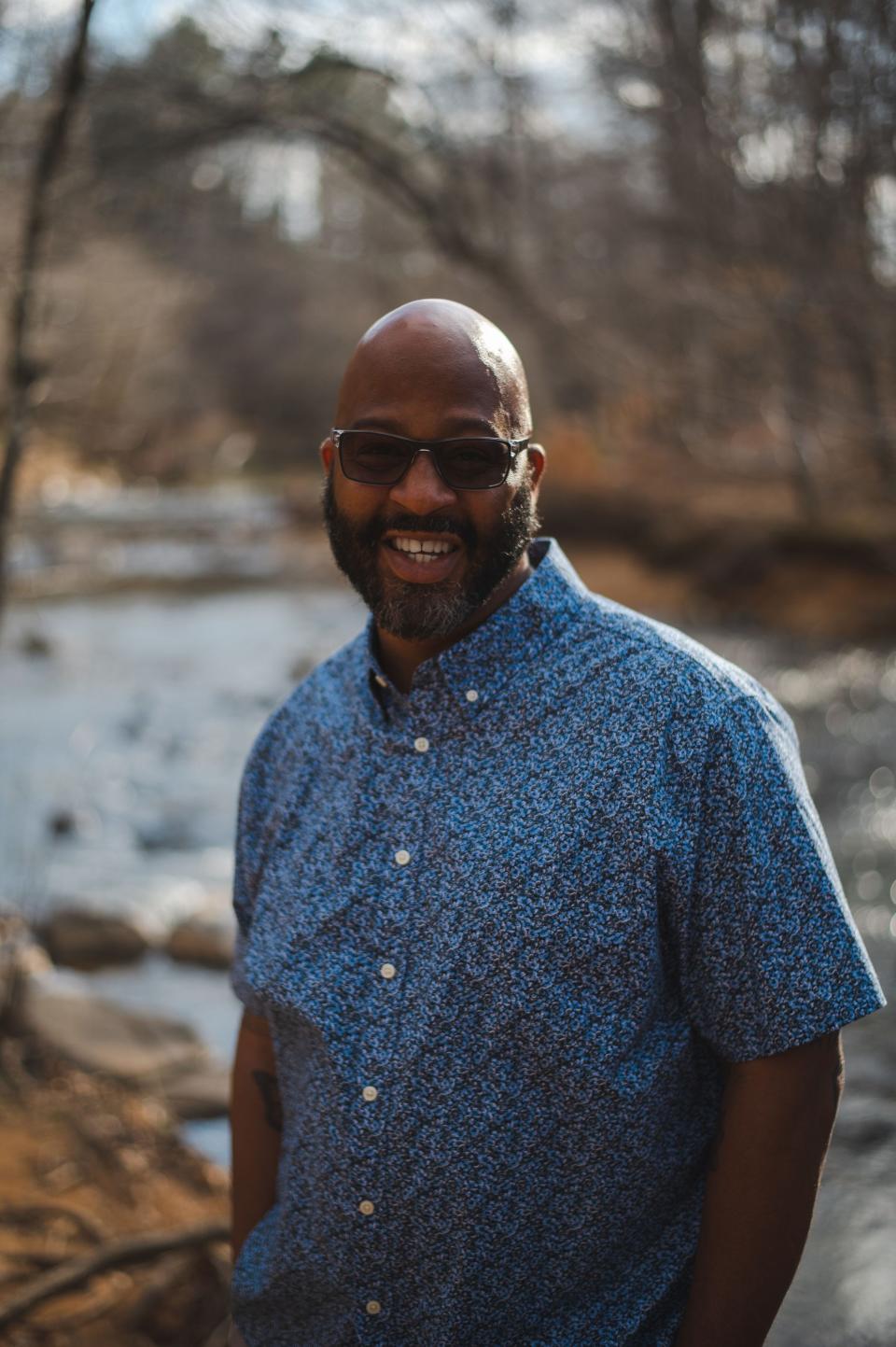Opinion: Call to action to stop inhumane practice of solitary confinement in NC prisons
- Oops!Something went wrong.Please try again later.
“You will never be the same.”
Every day, tens of thousands of incarcerated Americans are subjected to an internationally recognized form of torture, and the horrors of it are largely hidden from public view. They spend 22 hours or more a day alone in locked cells the size of parking lot spaces, often in filthy conditions with little to no sunlight, and no meaningful human contact other than a corrections guard slipping food through a slit in the cell door.
Solitary confinement, also known as lockdown, isolation, segregation or Special Housing Units (SHU), harms at least 122,000 people a day in the United States.
In North Carolina alone, around 3,000 people are held in solitary confinement at any given time, according to Disability Rights North Carolina. While efforts to reduce the use of solitary confinement in the state have led to some Department of Public Safety policy shifts, long-term solitary confinement is common for people younger than 18 and older than 65, and for people with mental health disabilities and other disabilities.
There’s also a clear racial bias in North Carolina’s use of solitary confinement. According to a 2016 Vera Institute report, people of color make up about 30% of the state’s population and 50% of North Carolina’s incarcerated population, but represent 62% of all people in solitary confinement and 70%-80% of those in the worst solitary conditions.
Though you might expect solitary confinement to be reserved for exceptional instances involving violence, that’s not the case in North Carolina. The practice is commonly used as punishment for even minor infractions. Vera’s report also found that the top three reasons cited were “disobeying an order,” “profane language,” and “unauthorized tobacco use.”
The psychological, physical and mental consequences of solitary confinement are devastating — and often permanent. More than a third of people subjected to solitary confinement develop psychosis or become suicidal within the first 15 days. Returning people who experience solitary confinement while incarcerated are 78% more likely to die by suicide within a year of being released from prison.
More: Opinion: 2nd Chance month in Asheville — opportunities abound after jail sentence served
More: State columnist: Abuse, cruelty in prison is nothing new
Additional research by psychiatrist Stuart Grassian, has found the effects of solitary confinement can continue even after a person has been released back into their community. These can include hallucinations, panic attacks, concentration and memory difficulties, intrusive thoughts, overt paranoia, and increased risk of suicide, drug overdose, heart attack and stroke.
The United Nations calls extended use of solitary confinement — beyond 15 days — cruel, inhumane and degrading treatment that rises to the level of torture.
Indefinite and prolonged solitary confinement is prohibited by the United Nation’s Standard Minimum Rules for the Treatment of Prisoners, also known as the Mandela Rules, named for South Africa’s first post-apartheid president and Nobel Peace Prize recipient Nelson Mandela, who was held for almost three decades as a political prisoner.
“I found solitary confinement the most forbidding aspect of prison life,” Mandela wrote in his autobiography, "The Long Walk to Freedom." “There is no end and no beginning; there is only one’s mind, which can begin to play tricks. Was that a dream or did it really happen? One begins to question everything.”
More: Editor: Open call for women to share their voices, during Women's History Month and always
It’s time to act. The UN in 2010 declared Mandela’s birthday, July 18, as Mandela Day — a global celebration of his life and legacy, as well as a call to action for individuals and organizations to reflect on Mandela’s values and use them to effect positive change in their communities.
In the wake of Mandela Day, the #EndSolitaryNC campaign is calling for the adoption of the Mandela Rules in N.C.'s prisons, as recommended by Gov. Roy Cooper's Task Force for Racial Equity in Criminal Justice.
We encourage North Carolina residents to also take action as well in honor of those suffering from solitary confinement across the state by:
Contacting Gov. Roy Cooper and your state legislators and urge them to adopt the Mandela Rules for incarcerated people in the state.
Donating to support #EndSolitaryNC.
Learning the stories of solitary confinement survivors and share them on social media, using #EndSolitaryNC.
We hope that you will join us to #EndSolitaryNC.


Delia Addo-Yobo is a Staff Attorney on the U.S. Advocacy and Litigation team at Robert F. Kennedy Human Rights. Craig Waleed works for Disability Rights North Carolina, where he serves as project manager for the Unlock the Box Campaign Against Solitary Confinement.
This article originally appeared on Asheville Citizen Times: Opinion: #EndSolitaryNC hopes to stop solitary confinement in prisons

